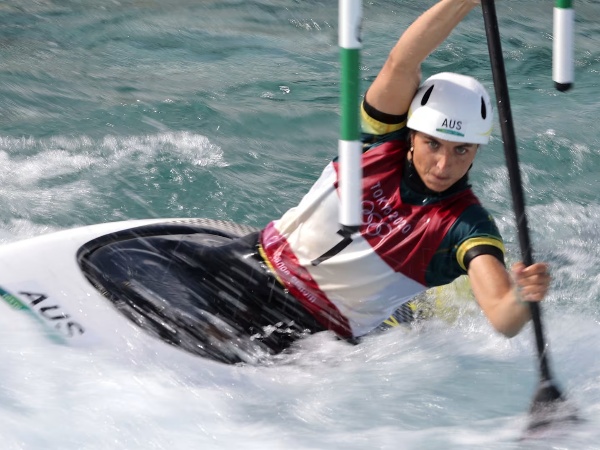Summer Olympics 2024: History About Slalom
For centuries, canoes served as vital modes of transportation and tools for hunting and fishing across North America, Siberia, and Greenland. In 1932, Switzerland pioneered the sport of canoe slalom, initially drawing inspiration from ski slalom. Originally conducted on calm waters, the competitions later shifted to challenging whitewater rapids. Both canoe and kayak races are integral parts of the Olympic Games, each governed by distinct rules. Canoeists adopt a kneeling position within the boat, employing a single-bladed paddle alternately on either side. In contrast, kayakers remain seated and utilize a double-bladed paddle.
Canoes' historical role encompassed essential tasks such as travel and sustenance, deeply embedded within diverse cultures worldwide. The evolution of canoe slalom exemplifies adaptation to natural settings, progressing from serene waters to dynamic rapids for competitive sport. Today, these disciplines showcase technical precision and athleticism at the Olympic level, each requiring specialized techniques and equipment tailored to its unique design and paddling style.
Slalom races unfold on specially constructed artificial white-water courses, where competitors must skillfully navigate their boats through a sequence of gates, numbering between 18 to 25, in the shortest time possible. Accuracy is paramount as penalties are incurred for missing or touching gates. These races serve as a rigorous test of athletes' concentration, reflexes, and technical prowess amidst the unpredictable currents.
In a significant expansion of canoeing's Olympic offerings, the Paris 2024 Games will introduce kayak cross, a thrilling amalgamation of all whitewater disciplines. In this event, four competitors will simultaneously negotiate a challenging course, showcasing their agility and strategic acumen in a dynamic racing format.
Canoe slalom made its Olympic debut at the 1972 Munich Games and secured a permanent place in the Olympic program starting from the 1992 Barcelona Games. Throughout its Olympic history, European nations have dominated the sport, clinching approximately 90 percent of all canoe slalom medals awarded. This dominance underscores their longstanding tradition of excellence and expertise in mastering the intricacies of whitewater navigation and competition.
